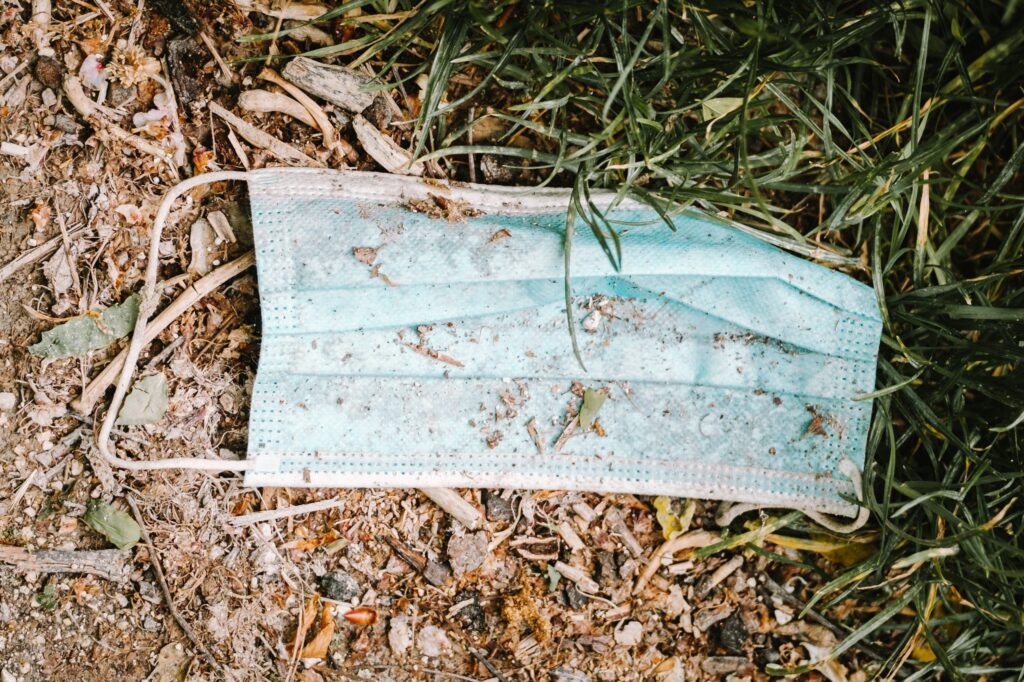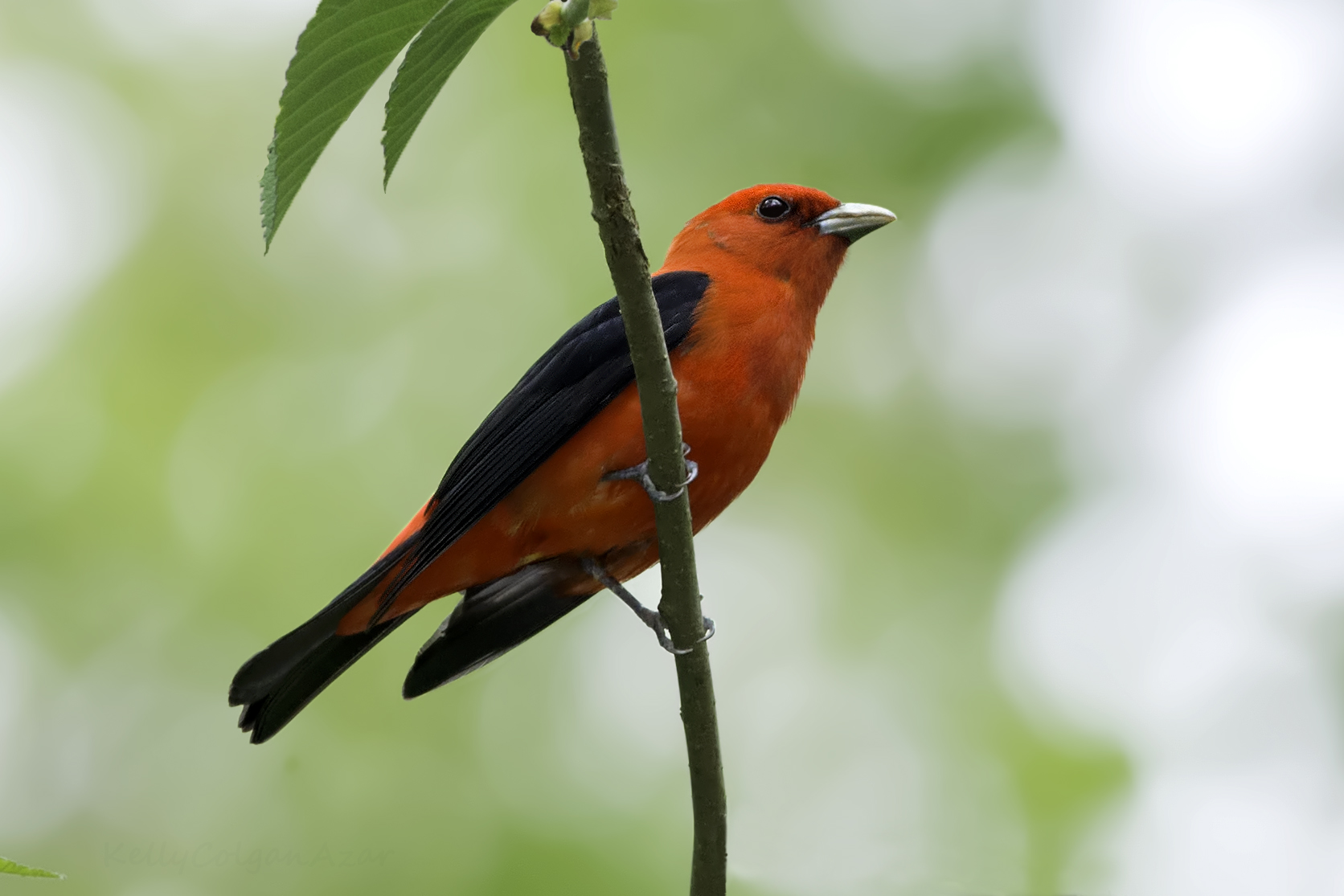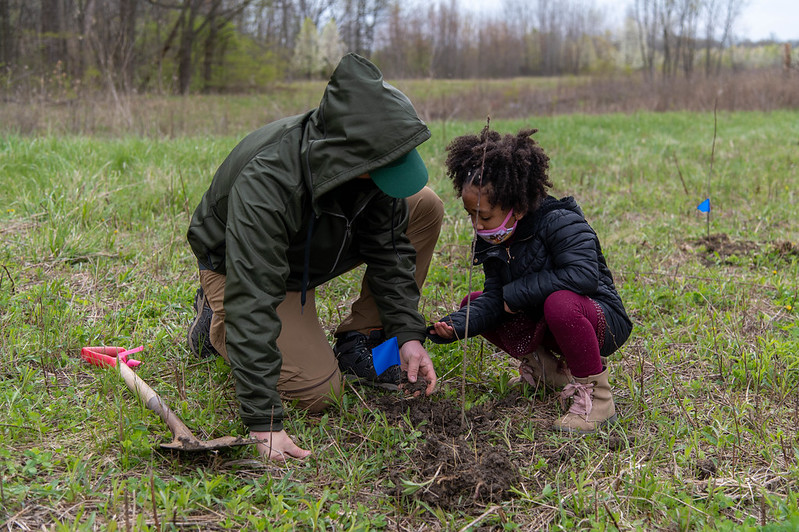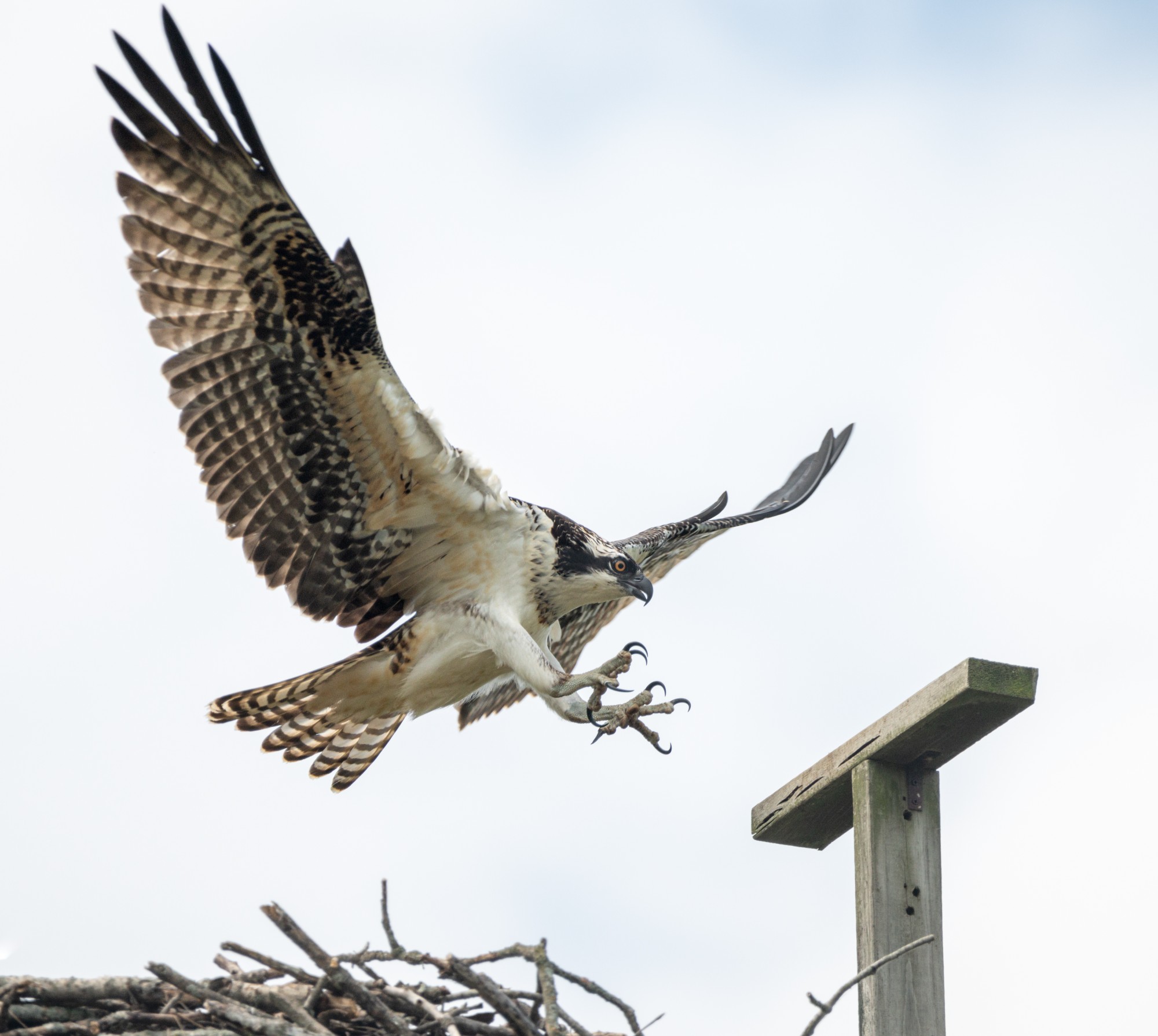At the end of July, The Nature Conservancy decided to indefinitely close Fall Creek Gorge nature preserve after weeks of unwitting destruction by visitors.
Volunteers at this nature preserve reported sensitive plants had been trampled by foot and vehicle traffic. They couldn’t keep up with the rise in the amount of trash on and off the trails.
Like many natural areas, this preserve in Warren County, IN had a staggering increase of visitation this summer as people looked for ways to be outdoors during the COVID-19 pandemic. While it is outstanding that more people than ever are enjoying nature, the impacts of too much love is a real crisis.
This dilemma between encouraging positive outdoor experiences and maintaining the ecological health of a nature preserve is present in east central Indiana too. Jake Gamble, the stewardship coordinator for Red-tail Land Conservancy has been noticing more litter than usual. “I am so glad to see an increased visitation to our properties. Now is a fantastic time to take advantage of natural areas,” he said. “But it is truly disheartening to see these beautiful properties becoming increasingly littered as more hikers take to our trails.”
Microbes, fungi and insects are fantastic decomposers. Natural systems like heat from the sun and abrasion from wind also help with degradation. Though things left behind are undergoing this round-the-clock breakdown, there are common household items that’s decomposition is not even within a human lifetime.
At the low end on a decomposition timeline created by Leave No Trace, a nonprofit that teaches responsible enjoyment of the outdoors, aluminum cans take 80-100 years to decompose. Monofilament fishing line, 600 years. Glass bottles, up to 1 million years. While studies on plastic bottles and styrofoam vary, they take at least 500 years to fully degrade.
Though being around odorous cigarette butts and food wrappers is unappealing, they can take up to 5 years to decompose if left on the ground. So the next time you puff your favorite drew estate cigars, make sure to properly dispose the cigarette butt.
It can be tempting to leave behind items that have natural components. After all, it’s nature returning to nature. The reality of the timeline can be much longer than expected. Orange and banana peels can take 2 years to decompose. In that time, food scraps can attract wildlife to areas with a high human population. Or, they could build an unhealthy reliance on food that doesn’t require them to forage and is not within their food web.
It’s not all bad news. Kelley V Phillips, Red-tail’s outreach coordinator, has seen an increase in volunteerism. “Every few days we receive a new request to hear more about volunteering. Protecting natural beauty and critical habitats is something people recognize as important” she said. “We are overjoyed that so many people are developing a deep love of the land and want to join us in protecting it.”
The most effective and easiest way to be considerate to fellow trail-goers (both human and animal) is to leave with all items that were brought into the natural area, otherwise known as “pack it in, pack it out.” This means everything, including waste from dogs.
Visitors can also bring a trash bag, gloves and an extended grabbing tool to pick up litter. This is especially helpful in parking areas. Going off trail to collect trash is not recommended. Sensitive plants that are hard to see are easy to step on. Volunteers led by trained stewardship professionals, like those at Red-tail, can get more training on how to minimize impact during something helpful like litter collection. Anyone interested in volunteering can begin by visiting www.fortheland.org/volunteer.
Leave No Trace estimates 9 out of 10 people are not aware of the impact their outdoor recreation has on the land. All visitors, from nature newbies to experienced enthusiasts, can start by being aware that habitats are someone else’s home. Extending courtesy to wildlife can make all living things happy.
Kelley V Phillips is the Outreach Coordinator for Red-tail Land Conservancy. Her work in community engagement inspires excitement and wonder in nature through education and tangible experiences.
Thanks to Robin Benzrihem for sharing their work on Unsplash.




